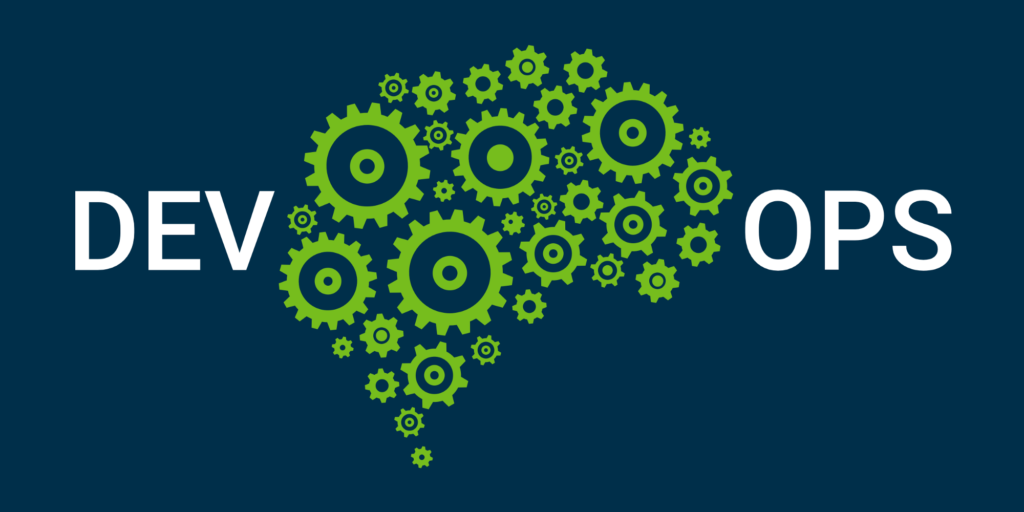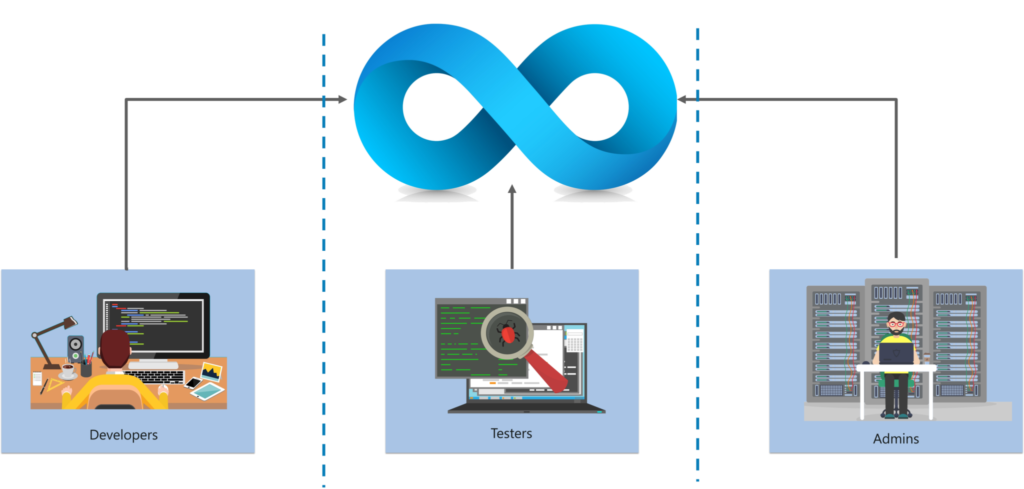
While the demand for DevOps services grows exponentially, more and more companies realize they don’t have an understanding what is a DevOps engineer. Based on IT Svit DevOps services provider devops team experience, we will explain the core areas of expertise and responsibilities of a DevOps engineer.
First of all, we need to define what DevOps is.
DevOps is an approach to software development and IT cloud infrastructure management aimed at automation of routine operations to increase the cost-efficiency of IT operations and ensure predictable software delivery schedule.
What must a DevOps engineer be able to do?
There are multiple IT operations a DevOps engineer must be able to perform:
- IT infrastructure assessment and performance evaluation
- Identification of performance bottlenecks and possible improvements
- Infrastructure improvements to remove bottlenecks
- Design and implementation of a roadmap for cloud transition
- Lift-and-shift of existing systems or rebuilding cloud-native analogs from scratch
- CI/CD pipeline configuration for automation of delivery of new features and management of systems in production
- Design and configuration of cloud monitoring solutions
- Ongoing system monitoring, alerting, logging, and analysis
- Blockchain infrastructure design and provisioning
- Provisioning the infrastructure for training of AI algorithms and ML models
- Using ML and AI to enable real-time Big Data analytics
- Configuration of serverless computing and other cloud computing features
- and much more…
Isn’t it a bit overwhelming for a single IT specialist? It might seem so, but using DevOps tools, best practices and culture it can be done.

What tools is DevOps engineer supposed to use?
Obviously, a DevOps engineer must be skilled in using various DevOps tools:
- Amazon Web Services, Google Cloud Platform, Microsoft Azure, OpenShift, DigitalOcean, OpenStack, and other cloud computing solutions.
- Terraform — an open-source free-to-use configuration orchestration platform used to deploy and manage virtualized cloud environments at scale. Terraform can provision any preconfigured state of infrastructure including any operating system and any versions of libraries, drivers and other runtime environment required to run your apps. Every required infrastructure state can be described in Terraform manifests, which can be stored at any VCS like GitHub and easily adjusted to fit any development need.
- Kubernetes — an open-source free-to-use configuration management tool originally developed by Google and provided as a service by all major cloud service providers. Kubernetes clusters of virtual machines are used to run and manage Docker containers with apps, ensuring maximum scalability and performance for your products or services.
- Docker — an open-source free-to-use container management platform used to create the images of your apps and compose the containers from these images. This ensures any app can run on any environment with Docker, speeding up the development, bug fixing and production environment management tremendously. Docker has truly revolutionized the software delivery industry and a good DevOps engineer must be able to use this tool to full efficiency.
- ELK stack — a bundle of ElasticSearch+LogStash+Kibana tools, a very popular cloud monitoring platform. It is the mainframe system for keeping an eye on the performance of your production environments and analyzing their efficiency.
- Prometheus & Grafana — a combination of 2 great tools designed to work together, enabling your IT team to visualize the influx of machine-generated data and logs realtime.
- Sumologic — an end-to-end logs analysis and management platform
- and many more various tools
Conclusions on what is a DevOps engineer
Thus said, using DevOps tools helps a DevOps engineer deliver DevOps services, but actual DevOps work must be done in another cultural environment, not the “throw the code over the wall to be the other team’s problem”. DevOps team works under a rule of “system issues are not someone’s fault, it’s a chance to improve the system”. Thus said, the main question at the end of the day is not WHO MESSED UP, but WHAT WE LEARNED TODAY.
Implementing such a culture can be quite a task, but the rewards include the environment of high trust and motivation, where passionate DevOps engineers concentrate their efforts on achieving your business goals. Isn’t it a goal worth pursuing?